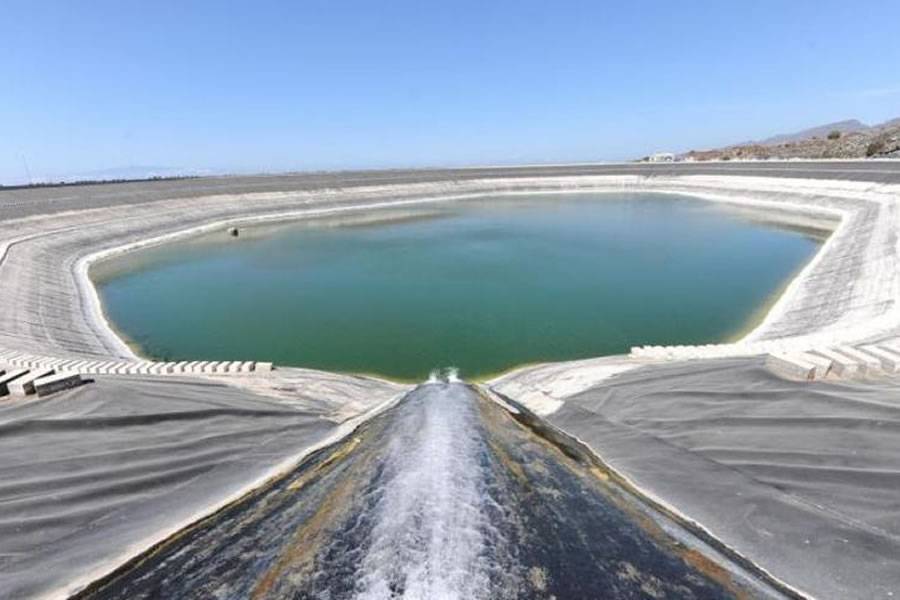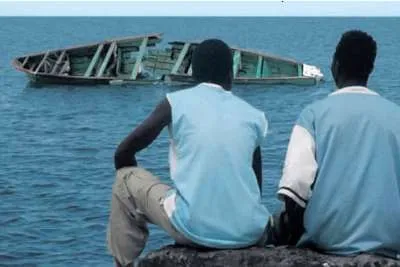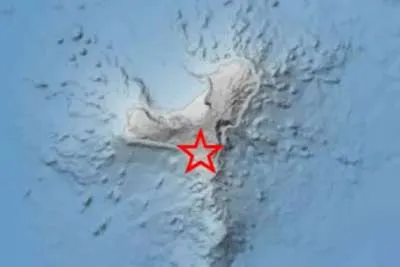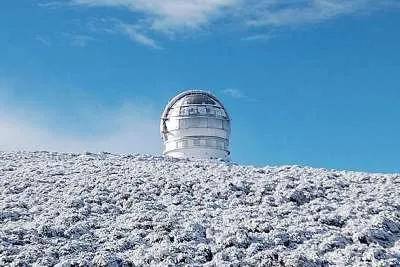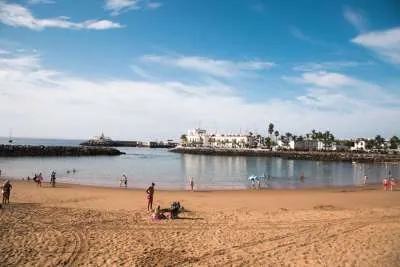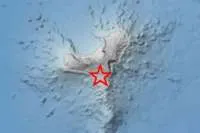“The drought is severe; we will run out of water” warns agricultural leader
- 09-01-2025
- Tenerife
- Canarian Weekly
- Photo Credit: Stock Image
Ángela Delgado, president of the Canary Islands Association of Farmers and Ranchers (ASAGA), has raised an urgent alarm over the worsening drought affecting the archipelago. In a statement to Diario de Avisos, she stressed the critical need for infrastructure to collect and manage water resources, particularly in southern Tenerife, as the region braces for its third consecutive dry winter.
“The lack of water requires an immediate solution. Building all the necessary infrastructure to store water should be the top priority,” Delgado said. She also criticised the excessive and uncontrolled use of water by households, warning that without conservation efforts, “we will run out of water.”
Delgado emphasized the need to educate the public about water scarcity, promoting a mindset of conservation. “Many people act as if the tap will never run dry, and no one seems to raise objections or implement limits. This wasteful attitude will leave us without water,” she cautioned.
Additionally, Delgado called on public administrations to streamline processes for improving water systems such as reservoirs and wells, which are often privately owned and entangled in bureaucratic hurdles. “There is a concerning lack of urgency in addressing this issue,” she added.
Impact of Drought on Key Crops
The ongoing drought, exacerbated by climate change, has severely impacted vital crops, including potatoes, vineyards, and stone fruits like peaches and nectarines. Delgado highlighted the dire situation for potato farmers, who face plummeting yields and mounting production costs.
“Farmers are not breaking even, and the lack of investment in reservoirs and wells, coupled with insufficient rainfall, means there is no water for irrigation in mid-altitude areas,” she said.
Vineyards have also suffered significant losses, with the Tacoronte-Acentejo region reporting a 40% reduction in this year’s harvest. Delgado recalled how extreme heat in March 2023 devastated the northern Tenerife harvest, with similar conditions arriving even earlier, in January, during 2024.
Addressing Water Losses and Infrastructure Deficiencies
One of the most glaring issues is the substantial water loss in municipal systems, with some areas of Tenerife losing more than 50% of their supply due to leaks in pipes and joints.
Delgado criticised the slow progress in addressing these losses but acknowledged recent advancements in wastewater treatment infrastructure.
However, she urged authorities to synchronise these efforts with residential connections. “Installing treatment plants is great, but if we don’t connect them to the sewage systems simultaneously, the effort is wasted. These projects must be carried out in tandem,” she stressed.
Emergency Measures and Long-Term Solutions
Delgado praised the declaration of a water emergency by Tenerife’s local government in May 2024, which has expedited project approvals. Nevertheless, she insisted that more must be done to reduce reliance on rainfall.
Among the measures she advocated were improvements to irrigation networks, elevating treated water to higher altitudes, and implementing a more rational water distribution system.
“This is a severe crisis,” Delgado concluded. “If we do not act decisively to address water management and conservation, the consequences will be catastrophic for agriculture and beyond.”
The call for action echoes across the Canary Islands, where the drought has become not just an environmental challenge but a pressing threat to livelihoods and the region’s future sustainability.


